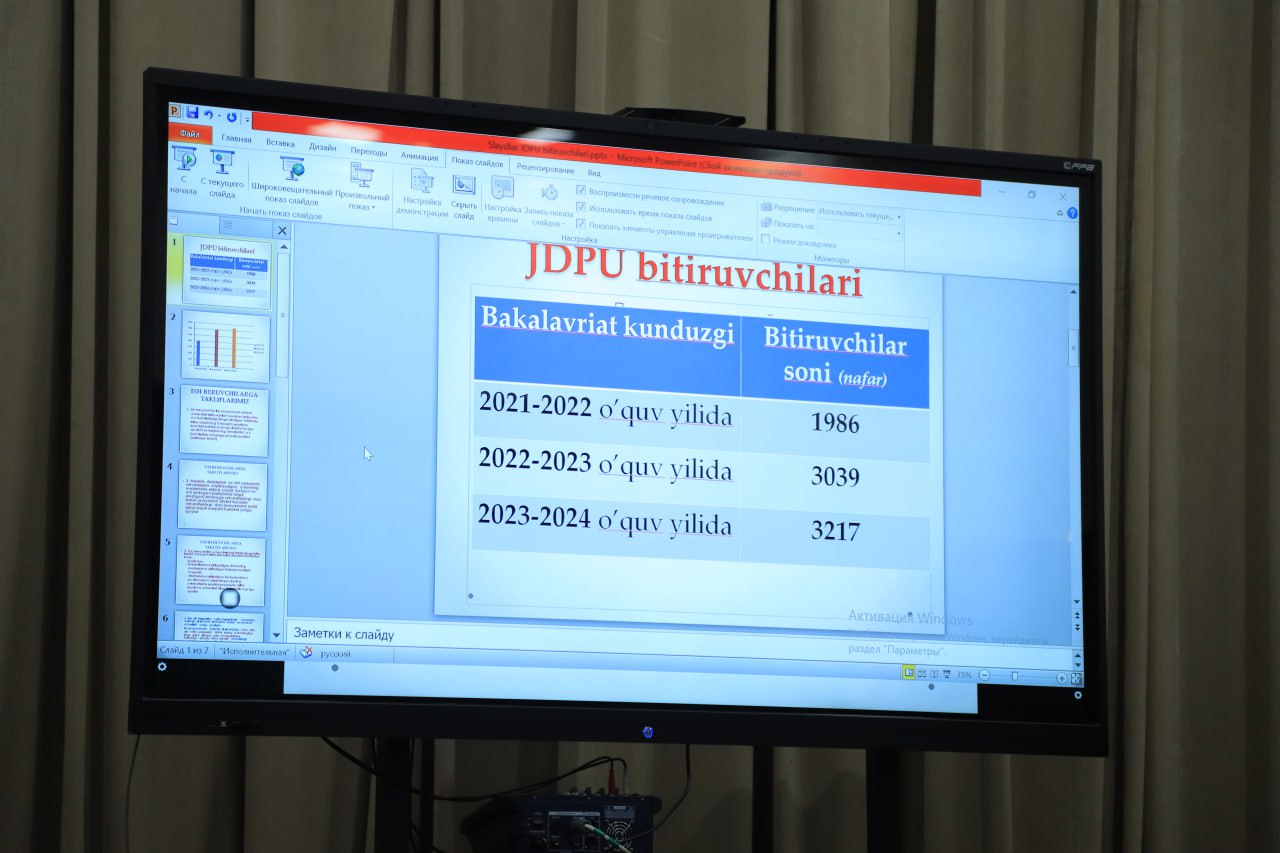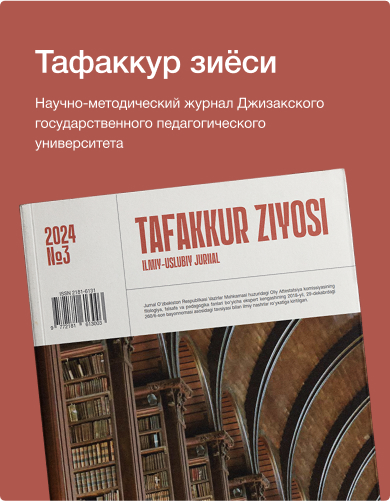N.Sh.Abdurasulov
Student of Foreign languages faculty
Sh.M.Tuareva
Taecher of Foreign languages faculty
Introduction
Memorizing vocabulary is an essential aspect of language learning, especially in primary classes. Engaging children in activities that promote vocabulary memorization can have numerous benefits, including improved language skills, enhanced cognitive abilities, and increased confidence in communication. This article explores the advantages of incorporating activities specifically designed to help primary students memorize vocabulary effectively.
Enhanced Retention: Engaging in activities that focus on vocabulary memorization helps students retain new words more effectively. By actively participating in interactive exercises, such as flashcards, word games, or mnemonic techniques, children can reinforce their memory and recall abilities.
Improved Language Skills: Memorizing vocabulary plays a crucial role in developing language skills. As students expand their vocabulary, they gain a broader range of words to express themselves, which leads to improved reading, writing, speaking, and listening abilities. Regular vocabulary activities provide ample opportunities for students to practice and reinforce their language skills.
Increased Confidence: When students have a solid foundation of vocabulary, they feel more confident in their ability to communicate effectively. Memorizing words and phrases empowers students to express their thoughts and ideas with greater precision, leading to increased self-assurance in both academic and social settings.
Better Comprehension: A strong vocabulary is closely linked to reading comprehension. By memorizing and understanding new words, students can comprehend texts more easily, extract meaning from context, and engage in deeper analysis. This skill is crucial for academic success and lifelong learning.
Enhanced Cognitive Abilities: Memorizing vocabulary engages various cognitive processes, such as attention, concentration, and memory recall. These activities stimulate the brain, improving cognitive abilities and overall mental agility. Regular practice with vocabulary memorization exercises can enhance students’ cognitive skills, benefiting them in other academic areas as well.
Fun and Engaging Learning Experience: Incorporating interactive and enjoyable activities into vocabulary memorization makes the learning experience more engaging for primary students. Games, puzzles, and group activities not only make the process enjoyable but also create a positive association with learning, fostering a love for language and a desire to explore further.
Improved Cultural Understanding: Memorizing vocabulary often involves learning words related to different cultures, traditions, and concepts. This exposure to diverse vocabulary broadens students’ understanding of the world, promotes cultural sensitivity, and encourages curiosity about different languages and societies.
Conclusion
Engaging primary students in activities designed to help them memorize vocabulary brings numerous benefits. From improved language skills and enhanced cognitive abilities to increased confidence and cultural understanding, these activities lay a strong foundation for language learning and academic success. By incorporating fun and interactive vocabulary memorization exercises into the curriculum, educators can create a positive and effective learning environment that nurtures students’ language development and fosters a lifelong love for learning.





